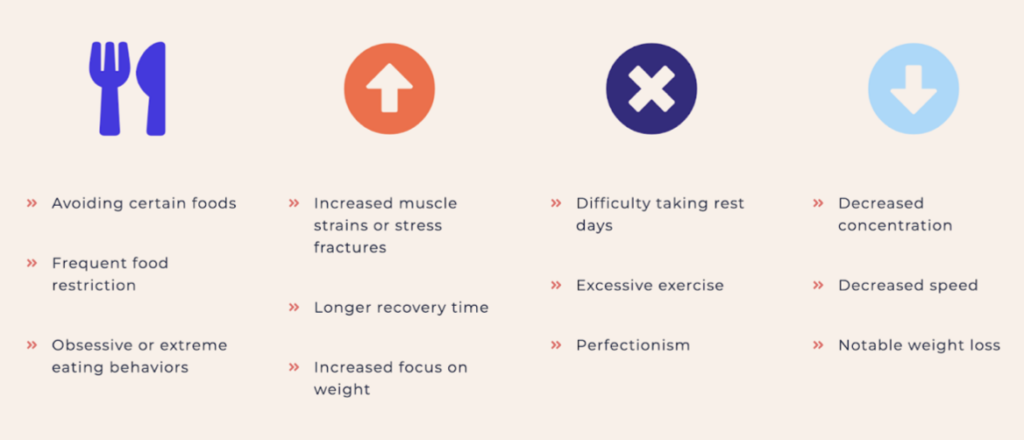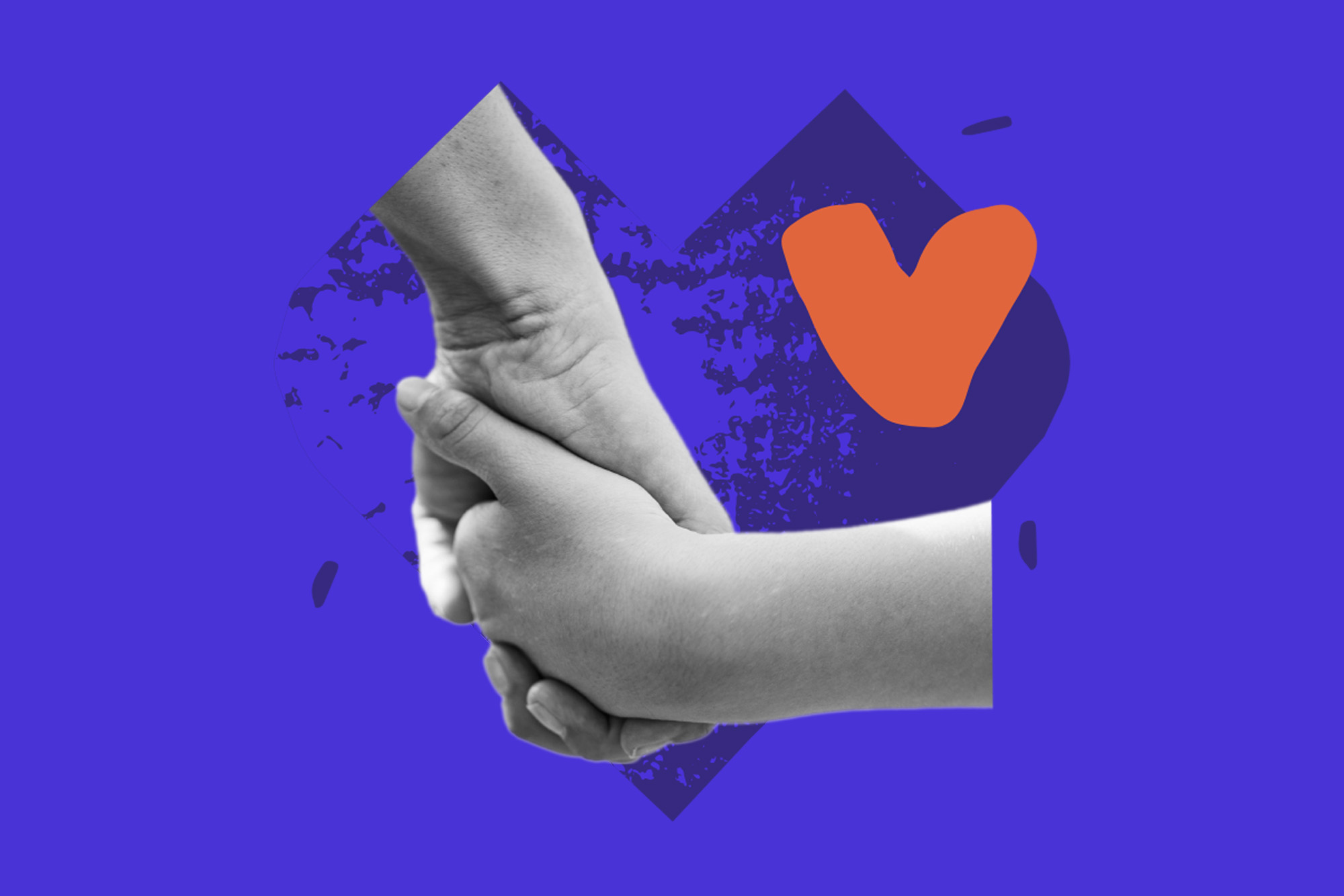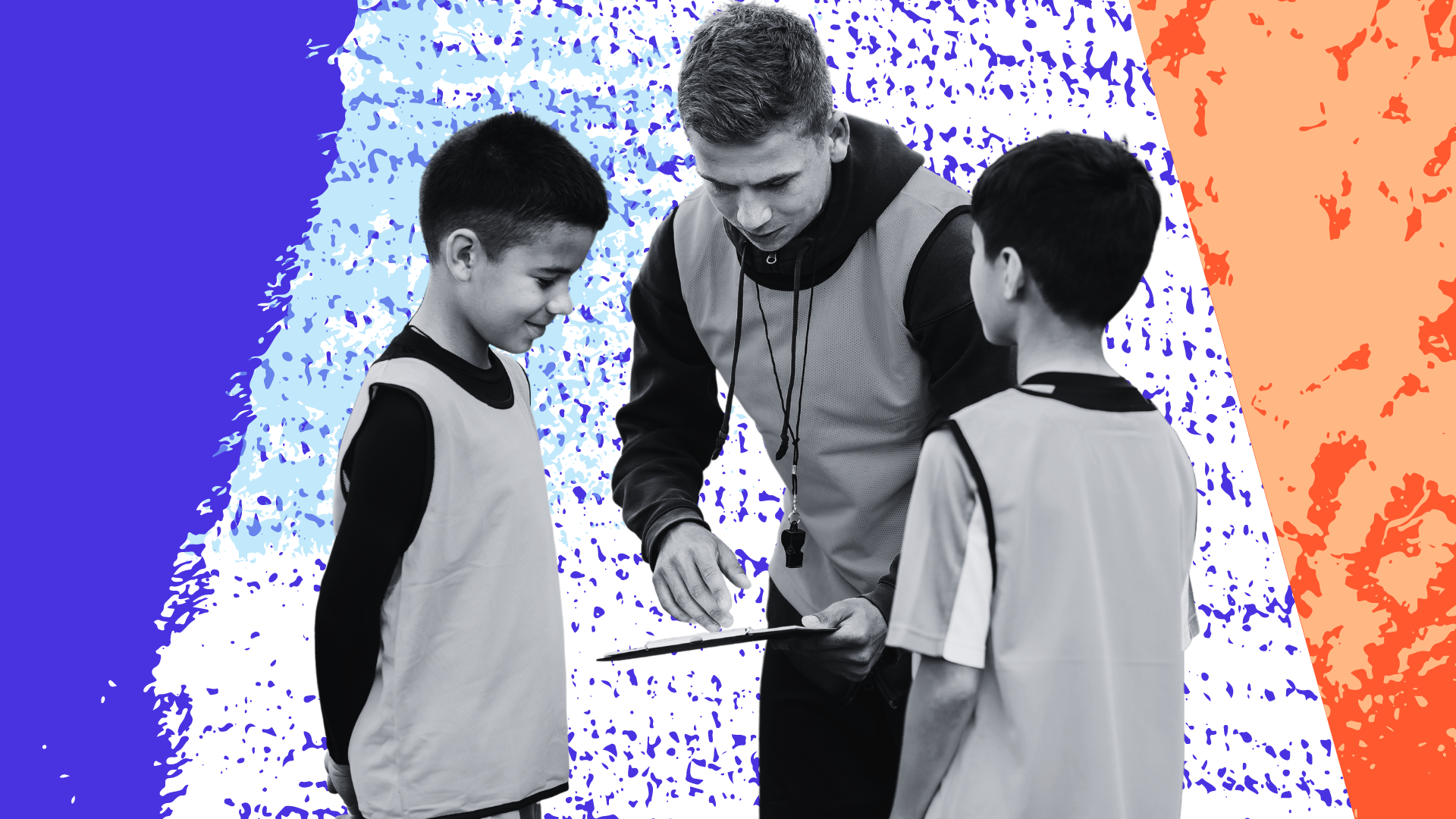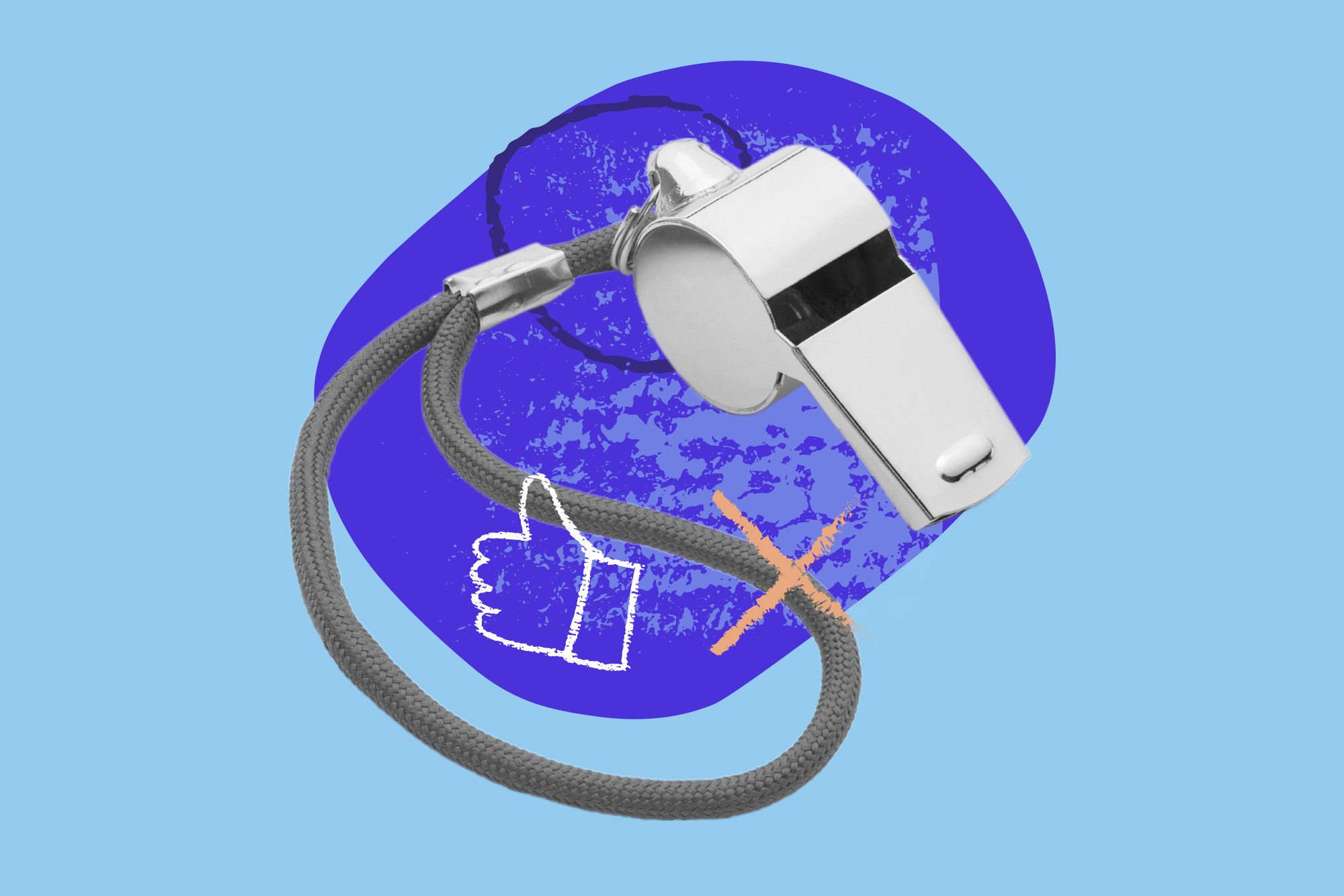Supporting Young Athletes’ Body Image and Relationship with Food
Published September 18, 2025 | Last Updated February 18, 2026

Worried about how a young athlete feels about food and their body? You're not alone. Athletes hear constant messages about food, body, and performance, and these influences can shape how they see themselves.
Research shows young athletes are at a higher risk of developing disordered eating than non-athletes.
That is why parents and coaches play such an important role. You can help athletes build a positive body image, view food as fuel, and enjoy the game in the long run.

Why Body Image and Food Relationship Matter for Young Athletes
Athletes face unique pressures. Uniforms, weigh-ins, and constant comparisons can make kids feel like their worth depends on their body size instead of their skills or effort. This can take the joy out of playing school sports and impact their confidence.
When adults focus on food as energy and recovery, and when they celebrate what athletes can do instead of how they look, kids are more likely to perform well and stay mentally and physically healthy.
How Parents and Coaches Can Support Athlete Body Image
The way adults talk about food and body image has a lasting impact. What kids hear every day shapes how they think about themselves and their health. By learning what to say and making small changes in your language, you can build athletes’ confidence and resilience.
Here are simple shifts that make a difference:
- Talk about food as fuel. Remind athletes that eating gives them the energy to grow, recover, and play their best.
- Avoid calling foods good or bad. Encourage balance and variety instead.
- Focus on skills and effort, not appearance. Praise teamwork, perseverance, and progress.
- Model positive self-talk. Avoid negative comments about your own body or others’ bodies.
- Encourage rest and recovery. Sleep, downtime, and breaks are essential parts of training.
These small changes create an environment where athletes feel supported and valued beyond their appearance.
Young athletes are nearly three times more likely to develop an eating disorder than non-athletes.
Signs of Eating Disorders in Children & Teen Athletes
Even with positive support, athletes may struggle with food or body image.
Warning signs to watch for include:
- Skipping meals or following rigid food rules
- Obsessing over weight, size, or body shape
- Exercising excessively outside of scheduled training
- Withdrawing from teammates, showing mood swings, or losing interest in sport
- Frequent injuries, fatigue, or dizziness
One sign alone may not indicate an eating disorder, but patterns or combinations of these behaviors should not be ignored.

What Parents and Coaches Can Do if Concerned
If you notice concerning behaviors, trust your instincts and take warning signs seriously. Early detection can reduce risks and make a big difference in recovery.
Before starting a conversation, prepare yourself and review our guide on What to Do When Concerned. Think about where and when to talk, gather helpful resources, and be ready to share your concerns in a calm and specific way.
Approaches such as finding a private moment, being clear about what you have observed, and practicing active listening can help your athlete feel safe and supported.
When you do talk, keep your language caring and specific: “I have noticed you seem more tired and have been skipping meals, and I am worried about you.” Avoid criticism or judgment and focus on concern for their well-being.
Parents can reach out to a pediatrician or school counselor for guidance. Coaches can connect athletes and families with a local practitioner, school counselor, or other health professional.
Resources to Support Body Image in Young Athletes
Parents and coaches shape how athletes view food, body image, and performance. Your support can help kids stay confident and healthy both on and off the field.
If you are looking for more guidance or professional support, the following resources can help:
- National Eating Disorders Association: Tips and a toolkit designed for coaches and athletic trainers
- National Alliance for Eating Disorders Helpline: Call 866-662-1235 to connect with a therapist who can provide emotional support and referrals
- EDReferral.com: A free search tool to locate eating disorder treatment providers across the U.S.
Coaches have power far beyond the game. Take our free Coach’s Challenge to learn how to discuss healthy body image and behaviors with young athletes.


